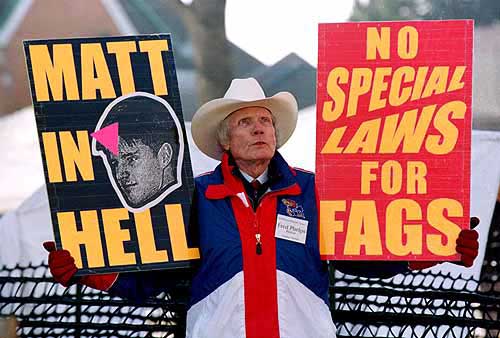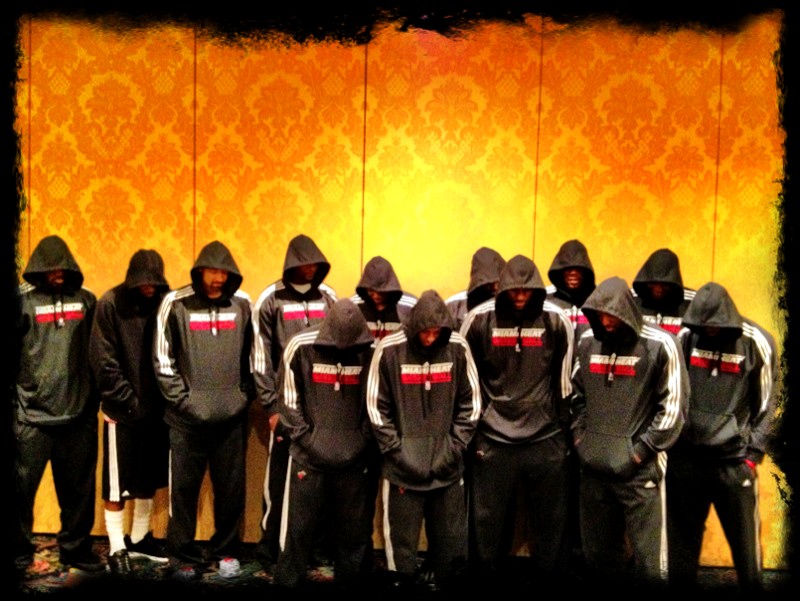Trayvon Martin’s death has infected headlines since news of its occurrence became known to the public. Several media outlets have reported the story, commented upon the story, and even advocated manners in which to help the Martin family seek justice against George Zimmerman --the man that shot and murdered Martin in his gated, suburban Florida community. No media coverage of the situation has received more backlash than The Daily Texan. The Daily Texan, University of Texas at Austin’s school newspaper, published the following image in connection to a story they ran about the Martin case.

This above image created a large deal of uproar for four chief reasons.
- The image is overtly satirical with the descriptions “Big Bad” and “sweet, innocent.”
- The image accused the media of sensationalizing the Martin case by labeling coverage of Trayvon Martin’s incident as yellow journalism.
- The description of yellow journalism downplays the extremity of the situation and essentially pardons Zimmerman because he was a victim of stories hyperbolized in order to seem newsworthy.
- The illustration uses “colored boy” to describe Martin. The term “colored” is a racial slur in modern day society.
The Daily Texan’s Editorial staff responded in a manner that parallels the palaver tree’s values to appease critics of their initial publication about the Martin case. They worked to create harmony instead of promoting truth, for they released the following statement:
A controversial editorial cartoon on the Trayvon Martin shooting was published Tuesday on the Opinion page of The Daily Texan. The Daily Texan Editorial Board recognizes the sensitive nature of the cartoon’s subject matter.
The views expressed in the cartoon are not those of the editorial board. They are those of the artist. It is the policy of the editorial board to publish the views of our columnists and cartoonists, even if we disagree with them.
I doubt the final statement made in their release is true, for editors have the power and responsibility to control the flow of information that reaches their intended audiences. This is a part of the gate keeping function of journalism. I understand a desire to create harmony and minimize any discord between the UT community and its school paper. Creating harmony, however, is unethical when it allows or causes people in a position of power to avoid being accountable for their actions. If the editorial-board would have decided to not act in accordance to the palaver value of harmony but instead truth, I would have had more respect for the Daily Texan. They would have risked breaking bridges, true, but they would not have blamed one of their own to protect image. The accountability that they should have had is a true mark of integrity.




